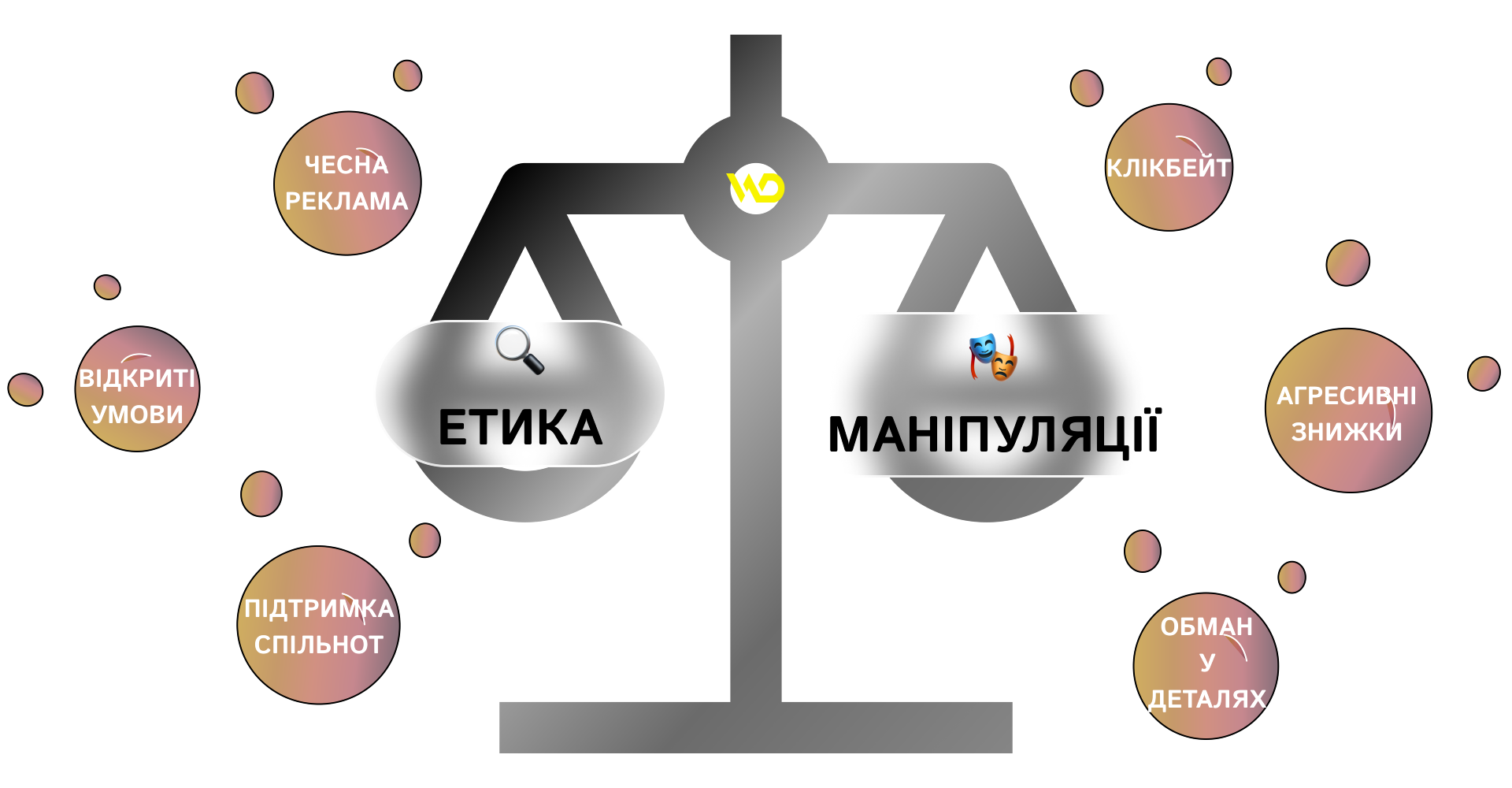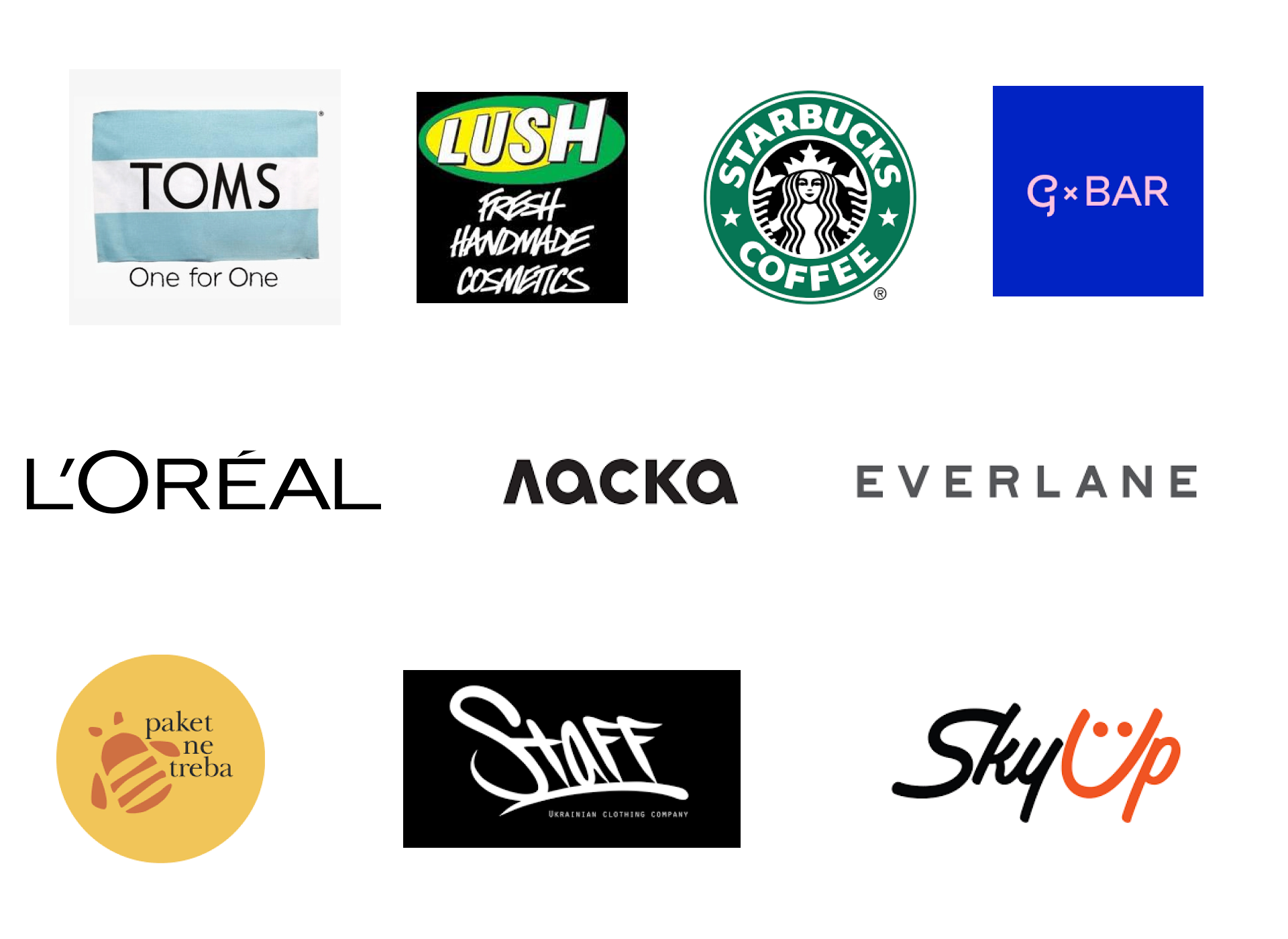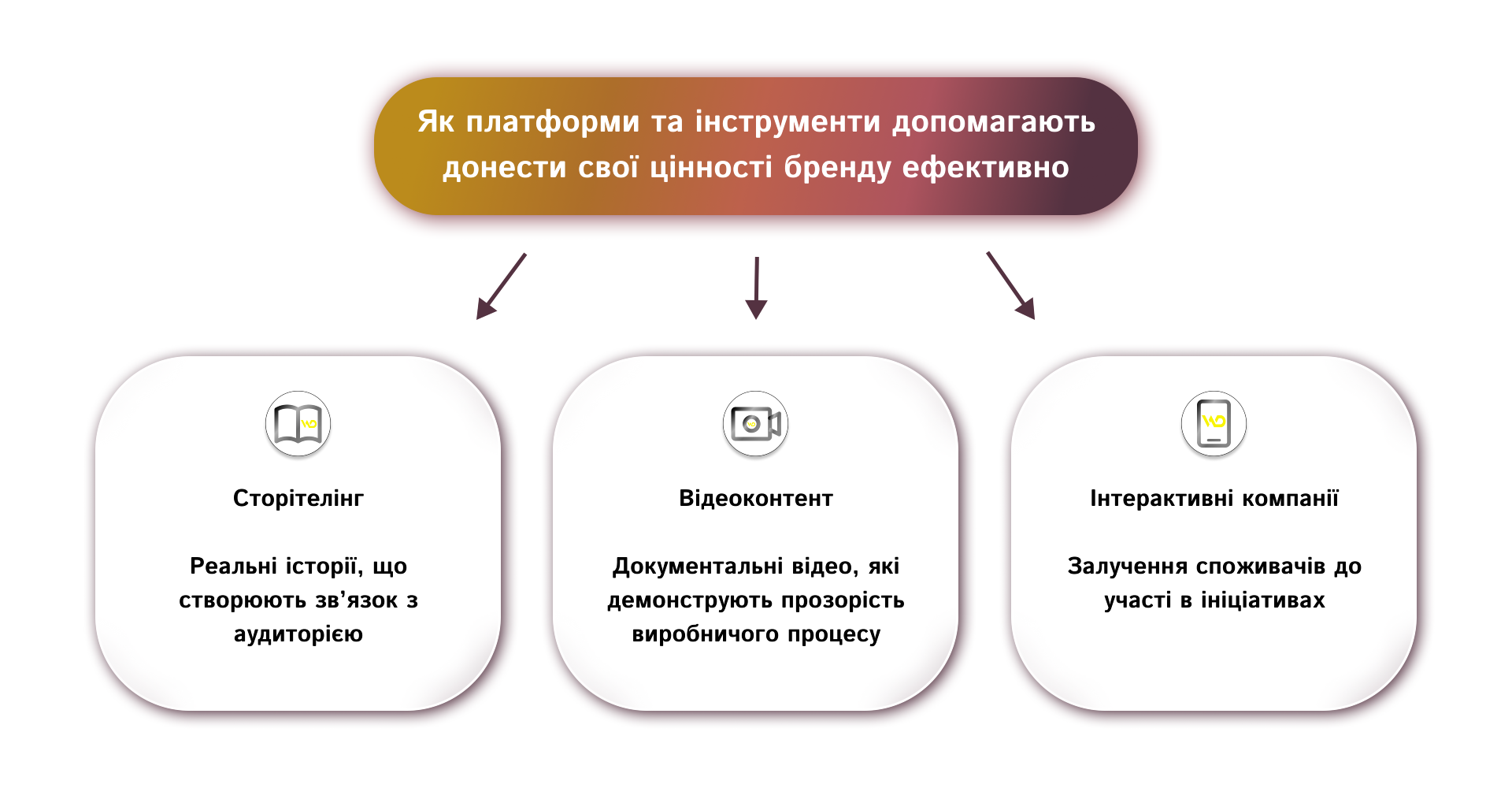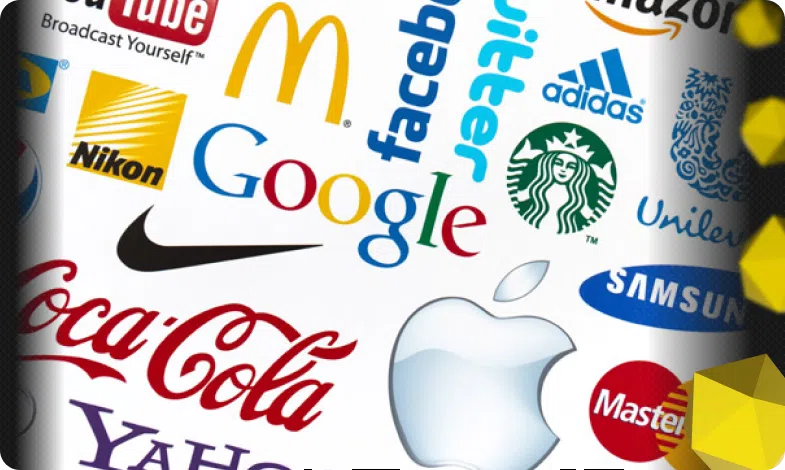Content of the article
- /01 What is ethical marketing and why is it important for business?
- /02 Benefits of ethical marketing for business
- /03 Examples of successful ethical marketing
- /04 How to implement ethical marketing in business
- /05 Challenges and opportunities for ethical marketing
- /06 Using digital technologies to support ethical marketing
- /07 Ethical marketing in Ukraine and its general prospects


Consumers are becoming more and more attentive to how companies conduct their business. Transparency, honesty, and social responsibility are no longer a bonus – they are an expectation. In this environment, ethical marketing becomes not just a moral choice, but a competitive advantage.
In this article, we’ll look at what ethical marketing is, how it works in practice, and why you should make it the basis of your strategy.
What is ethical marketing and why is it important for business?
Ethical marketing is an approach to promoting goods and services based on honesty, respect for the consumer, and responsibility for the consequences of advertising activities. It covers not only the content of advertising messages, but also the principles of interaction with the audience, partners, competitors and society as a whole.
Basic principles of ethical marketing:
- honesty: refusal to manipulate, fake promises and hidden conditions;
- Transparency: openness about sources, production processes and corporate values;
- Respectful attitude to the client: taking into account the needs and rights of the consumer, including the protection of personal data;
- social responsibility: contribution to solving environmental, social and ethical problems.
Ethical marketing covers not only advertising, but also content marketing, PR, feedback, pricing, product packaging, and other points of contact between the brand and the audience. It is a strategy that allows businesses to be not only profitable but also meaningful.
Benefits of ethical marketing for business
Ethical marketing is not only a moral choice, but also a strategic tool that brings real benefits to businesses. Philip Kotler, a recognized marketing expert, in his book Marketing 4.0: Moving from Traditional to Digital, notes:
«Marketing is not the art of finding clever ways to dispose of what you produce. It is the art of creating real value for customers.»
This quote emphasizes the importance of focusing on customer needs and creating value for them. Ethical marketing helps build long-term relationships with customers, strengthens brand reputation and ensures competitiveness in the market. Adherence to ethical principles also helps to avoid legal risks and increases customer loyalty.
Let’s take a look at the key benefits that businesses get by implementing ethical practices in their marketing strategies.

- Strengthening customer trust and loyalty.
Brands that play fair don’t just sell – they build trust. Transparency in actions and responsibility in words turn casual buyers into fans. People are more likely to choose companies whose philosophy resonates with their personal values, such as social responsibility, environmental care, or honest communication. Ethics becomes a bridge between the brand and the heart of the customer.
- Positive image and reputation.
Ethical marketing contributes to the formation of a positive company image. Brands that demonstrate social responsibility and ethical behavior are recognized not only among consumers but also in the professional community. This opens up new opportunities for partnerships and business expansion.
- Attracting and retaining talented employees.
Companies with ethical values attract professionals who seek not only financial rewards, but also the opportunity to work in an environment that aligns with their beliefs. This helps to build cohesive teams and increase productivity.
- Reduced risks and legal costs.
Adherence to ethical standards helps to avoid legal problems related to unfair advertising, consumer rights violations, or environmental violations. This reduces the risk of fines and lawsuits, which can have a significant impact on a company’s financial position.
- Increasing competitiveness.
Ethical marketing creates a unique value proposition that differentiates a company from its competitors. In a world where consumers are increasingly paying attention to social and environmental aspects, ethical brands have an advantage in the marketplace.
- Long-term business sustainability.
Ethical practices contribute to the continuous development of the company. They help build strong relationships with all stakeholders, from customers to suppliers to investors. This ensures stability and readiness for challenges in the long term.
Ethical approaches to marketing are becoming increasingly important in the face of rising expectations from consumers, partners and society as a whole. It helps to build trust, enhance reputation, attract talent and ensure sustainable development of the company. Today, as consumers increasingly value transparency and responsibility, an ethical approach to marketing is becoming a key success factor.
Examples of successful ethical marketing

Ethical marketing can be viewed not only as adherence to moral principles, but also as a long-term business strategy. Below are some examples of companies that have integrated ethical principles into their marketing and operational processes.
- TOMS: a model of social entrepreneurship.
TOMS has implemented a one-for-one model, whereby every pair of shoes purchased provides for the donation of another pair to children in need. This format combines commercial activity with social support. Over time, the company has transformed its model by allocating part of its profits to social initiatives.
- Lush: openness and social activity.
Cosmetics brand Lush publicly declares the principles of transparency and social responsibility. In particular, the company does not use animal testing, supports environmental initiatives, and regularly expresses its position on ethical and social issues. Such openness creates a community of people with similar values around the brand.
- Starbucks: ethical sourcing practices.
Starbucks has implemented the CAFE Practices program, which refers to ethical standards for coffee supply. The company cooperates with a large number of farmers and focuses on fair labor conditions, environmental aspects, and product quality. This helps to ensure stability in supply and improve interaction with partners.
- Everlane: transparency as part of the business model.
Everlane, a clothing manufacturer, relies on so-called «radical transparency»: it publishes calculations of the cost of goods, talks about production and working conditions in factories. This allows consumers to independently assess the cost and origin of goods, which becomes an argument for choosing in favor of the brand.
- «Laska»: a charity shop.
The Laska brand accepts used clothing, which is then sold to raise funds for social projects. Part of the profits are donated to support various charitable initiatives, and the store’s activities are based on the principles of environmental awareness and social support.
- G.Bar: a chain of beauty salons with Ukrainian roots.
G.Bar is an international chain of beauty salons founded with Ukrainian roots that implements a policy of customer care. The brand focuses on transparent communication and support for women’s entrepreneurship, which creates a sense of trust and openness among consumers.
- PAKET.NE.TREBA: an environmental initiative.
This initiative promotes the rejection of disposable bags, encouraging sustainable habits among consumers. PAKET.NE.TREBA actively cooperates with local brands and businesses, promoting the implementation of environmental protection and waste reduction practices.
- Staff: Ukrainian clothing brand.
Staff is a brand that focuses on local production, fair labor conditions, and transparent pricing. The company regularly participates in charity campaigns and social projects, which contributes to the formation of a cohesive and responsible corporate culture.
- SkyUp Airlines: an airline with a transparent policy.
SkyUp Airlines implements a policy of transparency, supports social initiatives (including assistance during the war), and adheres to environmental standards in air transportation. The company builds a positive brand by focusing on the values of responsible business and social sustainability.
These examples illustrate different ways of applying an ethical approach: through social projects, transparency in communication, responsible supply chains, or internal corporate standards. In all cases, we are talking about the strategic implementation of ethical norms, not one-off PR campaigns.
How to implement ethical marketing in business
Implementing ethical marketing requires a strategic approach. Here are the key steps:

1. Formulate values.
Start by clearly articulating the company’s mission, vision, and values. They should be real, not just made up for presentations. Define what being an ethical brand means to you and what standards you are willing to uphold.
|
That’s right |
False |
|
Our mission is to help small businesses grow by creating affordable and effective digital solutions that deliver measurable results. |
We strive to be the best in digital and make the world a better place. |
2. Identify the ethical principles of communication.
Create internal rules for content, advertising, and customer interaction. Avoid manipulations, exaggerations, and pressure on emotions. Speak honestly about the benefits of the product, do not hide the limitations. This will create expectations that the brand really meets.
|
That’s right |
False |
|
Our products are made from natural ingredients, without the use of artificial colors and preservatives. |
Buy now – tomorrow it will be too late! (creating artificial shortages and pressure on consumers) |
3. Build transparent processes.
Openly inform about the origin of products, production chains, and environmental impact. If there are complex issues, don’t avoid them, but explain how you plan to resolve them. Transparency is one of the strongest tools for building trust.
|
That’s right |
False |
|
This product received high marks for quality from independent experts in 2024. |
This product is the best on the market! |
4. Involve the team.
Explain to employees why ethics is important and how it is implemented in their daily work. Encourage social responsibility initiatives. Internal culture should be consistent with external communication. If a company declares that it cares about people, it should also care about its own employees.
5. Monitoring and correction.
Regularly evaluate how your marketing activities comply with ethical principles. Ask for feedback from customers, partners, and employees. Be ready for change and open dialog. Ethics requires constant review of actions and a willingness to improve.
Ethical marketing is not a one-time campaign, but a way of thinking and a long-term strategy that works in the interests of business, consumers and society at the same time.
Challenges and opportunities for ethical marketing
Implementing ethical marketing, while having many benefits, is accompanied by certain challenges. However, understanding these challenges can help businesses better prepare to overcome them and effectively integrate ethical practices into their strategy.
So, let’s look at possible difficulties.
Costs of sales
The costs of meeting ethical standards can be high, especially for small and medium-sized enterprises. This may include additional costs to ensure socially responsible sourcing, environmentally friendly materials, or ethical working conditions. Brands should realize that short-term costs can bring significant long-term benefits in the form of increased customer loyalty and reputation.
Consumer skepticism
Not all consumers are willing to pay more for ethical products, and this can limit the demand for certain goods or services. Often, especially in economically challenging situations, consumers tend to choose cheaper options, even if they do not meet ethical standards. However, over time, as awareness of and demand for ethical products grows, the situation can really change. It is important for companies to communicate their ethical actions in a simple and clear way so that consumers see their value and want to support the brand.
The risk of greenwashing
There is a danger that companies will only imitate ethical practices without implementing real changes, which is called «greenwashing». This behavior not only undermines the credibility of the company, but can also lead to legal consequences and reputational damage. To avoid this, businesses should be transparent in their actions and clearly demonstrate real efforts to implement ethical standards.
Despite the challenges, ethical marketing has significant potential to build trust, strengthen reputation, and create a loyal community around a brand. For maximum effect, companies should not only adhere to ethical principles but also clearly communicate them to their audience. Digital technologies help businesses to do this, as they are a powerful tool for spreading ethical values and attracting conscious consumers.
Using digital technologies to support ethical marketing

Digital platforms and social media allow brands to effectively communicate their ethical values and important initiatives. Modern digital tools allow for the creation of interactive content that engages consumers and encourages them to participate in ethical projects.
- Storytelling. One of the most effective forms of communication is the real-life stories of a brand and its impact on society. Using stories about people, communities, or initiatives that have changed due to ethical practices helps build an emotional connection with consumers.
- Video content. Documentary videos that showcase the production process, ethical sourcing, and social initiatives can significantly increase brand credibility.
- Interactive campaigns. Engaging consumers in ethical projects through online platforms is another way to support ethical marketing. Campaigns that involve consumers in solving important social problems or in initiatives related to the environment or charity can help brands build a strong community around their brand.
Thus, digital technologies greatly expand the ability of brands to communicate their ethical values and create a strong connection with the audience.
Ethical marketing in Ukraine and its general prospects
Ethical marketing is gaining popularity in Ukraine, especially among startups and socially responsible businesses. Ukrainian brands are increasingly focusing on local initiatives, using environmentally friendly materials and contributing to the development of local communities. This allows them not only to enhance their reputation but also to attract the attention of consumers who value social responsibility. Transparency in communications with consumers is an important factor that allows brands to create a genuine connection with the audience and add value to their products.
Ethical marketing is not just about good intentions. It is a practical, effective approach that allows companies to build long-term relationships with customers, strengthen their reputation and achieve sustainable growth. In a world where honesty is becoming the new currency, those brands that are not afraid to be frank, responsible and humane are the winners. It is these companies that gain the trust, love and loyalty of their customers.






 07/08/2025
07/08/2025  1838
1838



